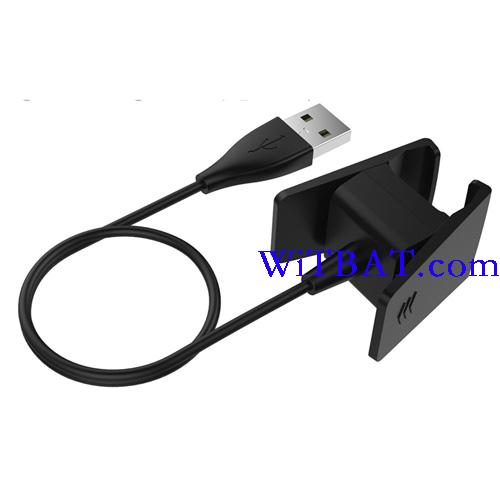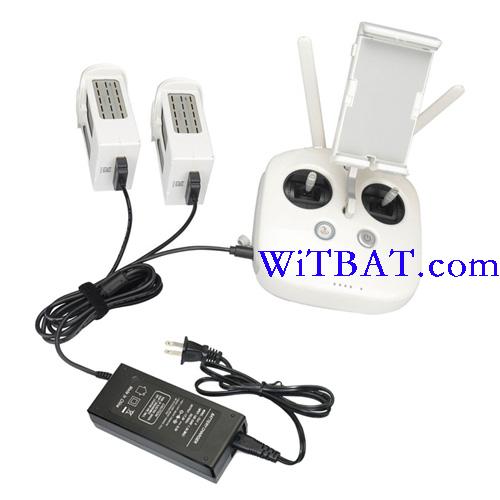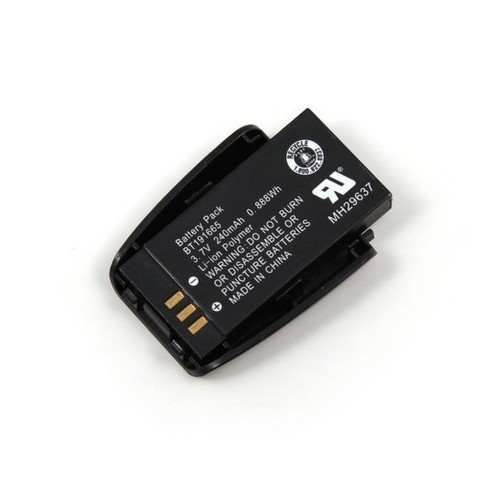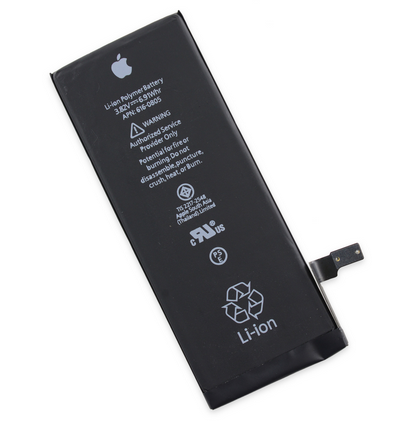Battery Navigation
Latest topics
Search
Battery Statics
Ads
Sanyo completes construction of lithium-ion battery facility in Japan
Page 1 of 1
 Sanyo completes construction of lithium-ion battery facility in Japan
Sanyo completes construction of lithium-ion battery facility in Japan
Sanyo Electric, a leading manufacturer of rechargeable battery technologies, has announced the completion of its new factory for the lithium-ion batteries in Japan.
The li-ion facility is located on the grounds of the company's Kasai Plant in Hyogo prefecture, Japan. The new factory is currently capable of producing up to one million battery cells per month. The output could be increased if demand is sufficient to warrant it, the company said in a statement.
With the completion of the new factory, Sanyo now has a production capacity of 1 million cells per month.
The company also said that it is currently working on plans aimed at expansion depending upon the demand vehicles from various auto makers.
The company has been supplying nickel-metal hydride (NiMH) batteries for hybrid electric vehicles (HEV) to Ford, Honda and Volkswagen, while working on a co-development of the NiMH batteries with PSA Peugeot Citroen.
Besides this, Sanyo is co-developing lithium-ion batteries for HEV with the Volkswagen group. Sanyo lithium-ion batteries for plug-in HEV will also be housed in Suzuki's fleet vehicles.
Last week, the battery maker had said that it aimed at grabbing a 30% to 40% share of the global battery market for ecology-friendly cars in 2020 and expects the battery market to grow to 1.5 trillion yen in 2020.
Currently, the company enjoys hold of 27% to 28% in the global battery market.
According to a recent report from Bloomberg New Energy Finance, plug-in electric vehicles, including plug-in hybrids and battery electric vehicles, have the potential to make up 9% of auto sales in 2020 and 22% in 2030 (1.6 million and 4 million vehicle sales respectively).
The governments across the world have set aside billions of dollars in the form of subsidies for early adopters of these alternative energy cars and to boost production of batteries for such vehicles despite persisting doubts about how many people would actually buy them.
The Department of Energy said it is investing $2.85 billion in electric vehicles of which $2 billion will go to help US carmakers produce advanced vehicle batteries and drive train components. Around $400 million will be invested to buy, test, and deploy different types of electric vehicles in the marketplace, and $300 million in cost-share projects under the 'Clean Cities' program.
via Ibtimes
The li-ion facility is located on the grounds of the company's Kasai Plant in Hyogo prefecture, Japan. The new factory is currently capable of producing up to one million battery cells per month. The output could be increased if demand is sufficient to warrant it, the company said in a statement.
With the completion of the new factory, Sanyo now has a production capacity of 1 million cells per month.
The company also said that it is currently working on plans aimed at expansion depending upon the demand vehicles from various auto makers.
The company has been supplying nickel-metal hydride (NiMH) batteries for hybrid electric vehicles (HEV) to Ford, Honda and Volkswagen, while working on a co-development of the NiMH batteries with PSA Peugeot Citroen.
Besides this, Sanyo is co-developing lithium-ion batteries for HEV with the Volkswagen group. Sanyo lithium-ion batteries for plug-in HEV will also be housed in Suzuki's fleet vehicles.
Last week, the battery maker had said that it aimed at grabbing a 30% to 40% share of the global battery market for ecology-friendly cars in 2020 and expects the battery market to grow to 1.5 trillion yen in 2020.
Currently, the company enjoys hold of 27% to 28% in the global battery market.
According to a recent report from Bloomberg New Energy Finance, plug-in electric vehicles, including plug-in hybrids and battery electric vehicles, have the potential to make up 9% of auto sales in 2020 and 22% in 2030 (1.6 million and 4 million vehicle sales respectively).
The governments across the world have set aside billions of dollars in the form of subsidies for early adopters of these alternative energy cars and to boost production of batteries for such vehicles despite persisting doubts about how many people would actually buy them.
The Department of Energy said it is investing $2.85 billion in electric vehicles of which $2 billion will go to help US carmakers produce advanced vehicle batteries and drive train components. Around $400 million will be invested to buy, test, and deploy different types of electric vehicles in the marketplace, and $300 million in cost-share projects under the 'Clean Cities' program.
via Ibtimes
westvlane- Posts : 32
Points : 96
Reputation : 0
Join date : 2009-11-30
 Similar topics
Similar topics» SANYO expanding eneloop New-Type Battery Series in Japan
» Sanyo aims to grab 40% share in global eco-car battery market in 2020
» Apple Ordered to Post Battery Replacement Details for First-Generation iPod Nano in Japan
» Lithium Battery Lifetime
» AA Rechargeable Lithium Battery
» Sanyo aims to grab 40% share in global eco-car battery market in 2020
» Apple Ordered to Post Battery Replacement Details for First-Generation iPod Nano in Japan
» Lithium Battery Lifetime
» AA Rechargeable Lithium Battery
Page 1 of 1
Permissions in this forum:
You cannot reply to topics in this forum|
|
|














» NIO Phone 2 Smartphone Battery NBET02
» Mercedes Becker Map Pilot Battery HJS100
» Braun Silk-épil 9 Flex Type 5380 Epilator Battery
» Samsung Galaxy Tab Active Tablet PC Battery EB-BT365BBU
» Samsung Galaxy Tab Active 3 SM-T570 Tablet PC Battery EB-BT575BBE